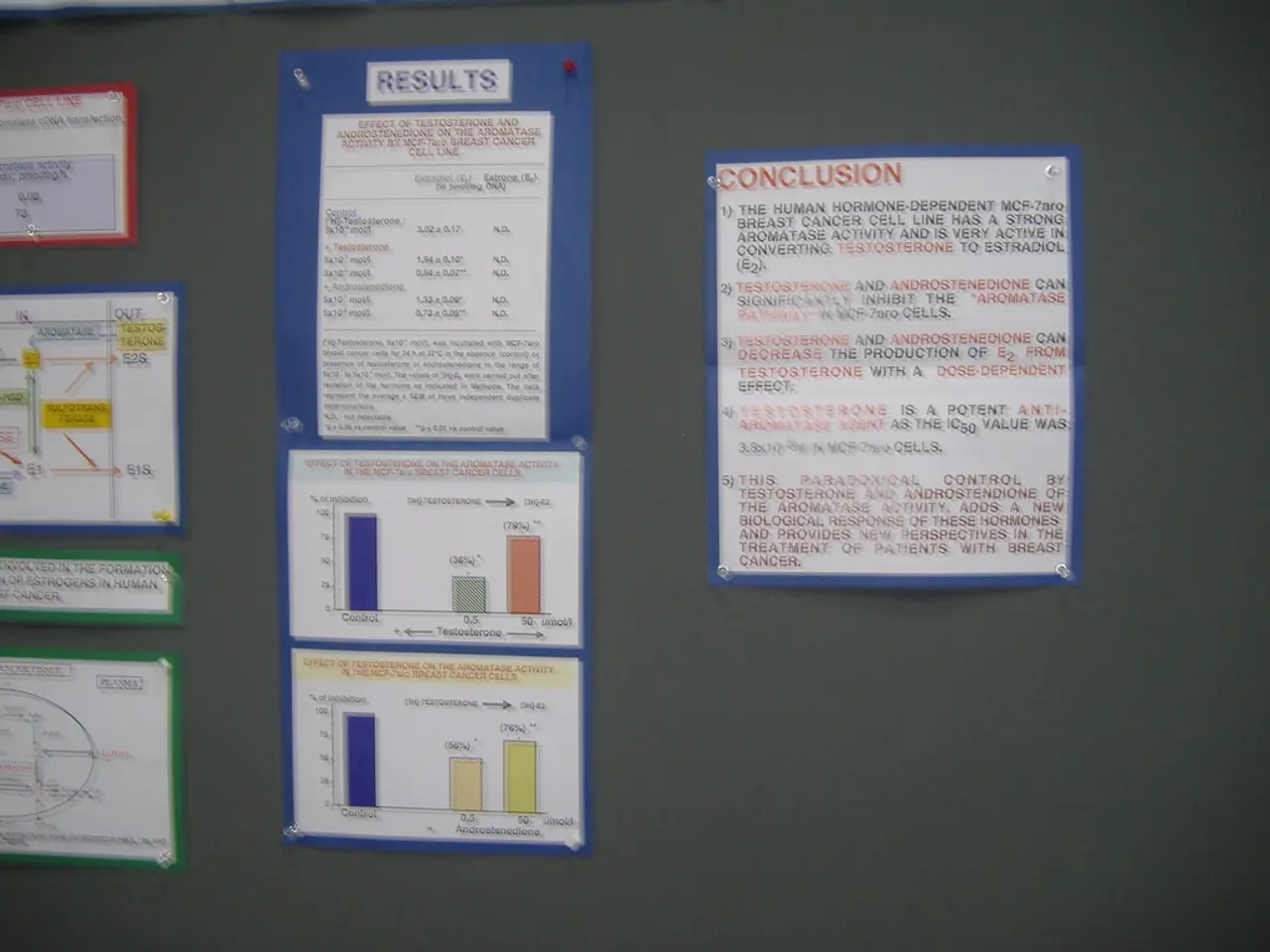Tax-evading ride-hailing drivers: Over 100,000 Uber and Bolt drivers in Romania avoided paying taxes and contributions, report suggests
Romania is witnessing a surge in the number of ride-hailing services, with Uber and Bolt leading the charge. This expansion is evident in the significant increase in the number of active entities and compliant copies of authorizations for alternative transport, which has more than eight times increased from 2020 to the end of May 2025.
According to data from the Romanian Road Authority (ARR), the number of compliant copies of authorizations for ride-hailing vehicles has increased by over 33 times during the same period, reaching 55,877 at the end of May 2025. This growth may have implications for traffic congestion, road safety, and environmental impact in Romania.
The data also reveals that Uber and Bolt have a combined total of over 100,000 affiliated drivers in Romania as of the end of May 2025. As of May 30, 2025, there were 54,480 badges issued for Bolt affiliated drivers, and 51,422 valid badges for Uber affiliated drivers.
However, it's important to note that the drivers for these platforms are not employees but collaborate with various partner companies. Their employment status and tax obligations in Romania are subject to local laws and regulations, which may differ from those in other jurisdictions.
In many jurisdictions, drivers for platforms like Uber are considered "workers" rather than self-employed individuals, entitling them to certain employment rights. However, in Romania, the specific employment status would depend on local laws and regulations. The drivers do not pay taxes or social contributions, according to Ziarul Financiar.
The growth in the number of active entities and compliant copies of authorizations suggests a growing interest and market expansion for alternative transportation in Romania. This expansion may also lead to changes in the regulatory environment for alternative transportation, as the increased competition within the sector may prompt regulatory adjustments.
Consulting with experts familiar with Romanian labor and tax laws is advisable to fully understand the specifics regarding the tax obligations and employment status of drivers working with Uber and Bolt in Romania. It's crucial to stay informed about legal developments, as any ongoing legal cases or changes in legislation could impact these drivers' employment status and tax obligations.
This is the first time that data on the number of drivers working for Uber and Bolt has been made public, offering valuable insights into the growing ride-hailing market in Romania. As the industry continues to evolve, it's essential to monitor its development and potential impacts on the country's traffic, safety, and environment.
The surge in the ride-hailing industry, driven by Uber and Bolt, extends beyond transport to encompass finance, as these platforms employ a large number of drivers – over 100,000 in Romania as of May 2025. Furthermore, the expansion of public-transit alternatives like ride-hailing services may ignite modifications in the regulatory environment for transportation, as the industry's growth prompts adjustments to ensure it operates harmoniously with the public interest, including traffic congestion, road safety, and environmental impact.




